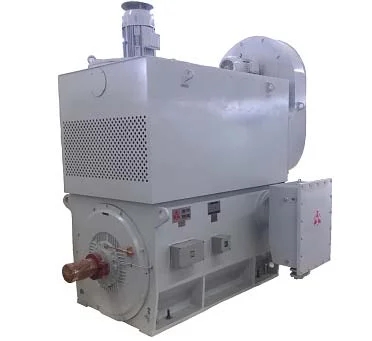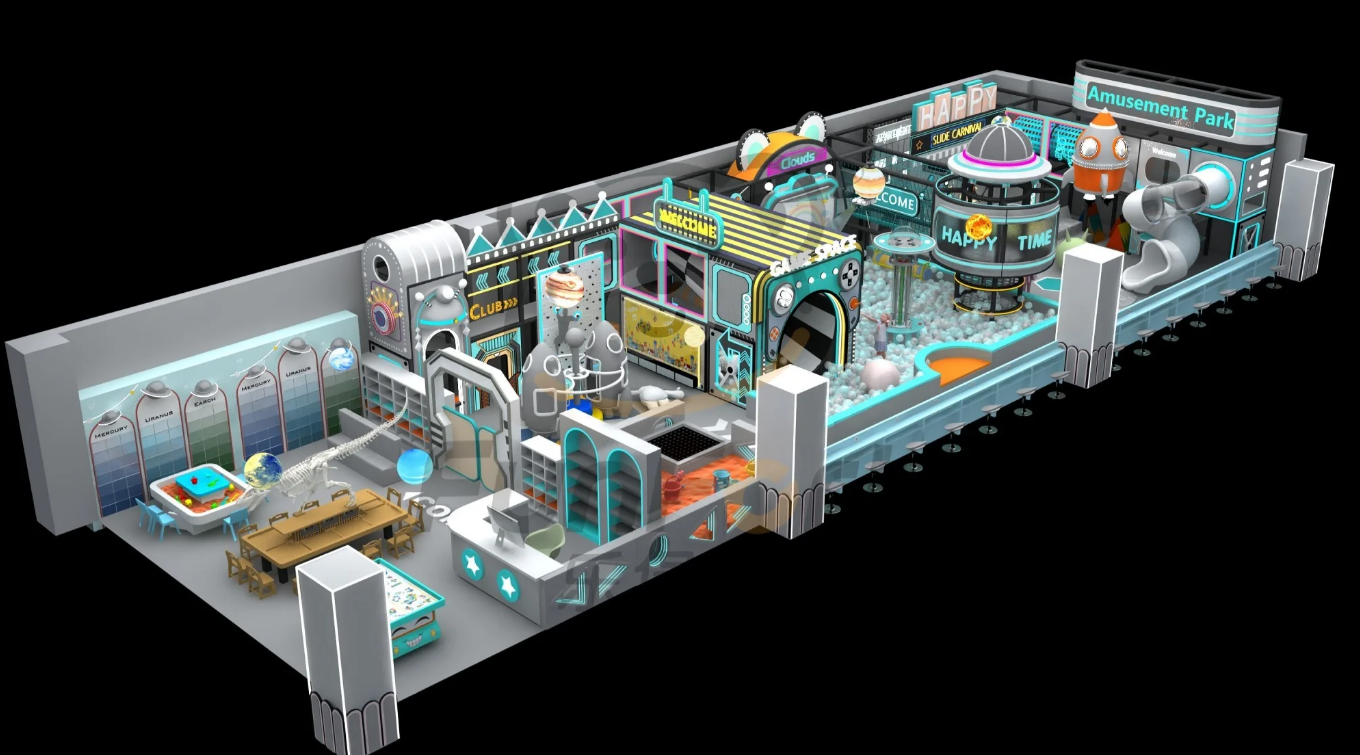Direct injection fuel systems have revolutionized the automotive industry, offering improved fuel efficiency, power, and reduced emissions. At the heart of these systems lies the mechanical fuel pump, a critical component responsible for delivering fuel to the engine. In this blog post, we will explore the intricate workings of mechanical fuel pumps in direct injection fuel systems, shedding light on their operation and significance.
- Understanding Direct Injection Fuel Systems:
Before delving into the mechanics of mechanical fuel pumps, it is essential to grasp the fundamentals of direct injection fuel systems. Unlike traditional fuel systems, direct injection systems inject fuel directly into the combustion chamber, resulting in enhanced fuel atomization, precise fuel delivery, and improved engine performance. - The Role of Mechanical Fuel Pumps:
Mechanical fuel pumps play a pivotal role in direct injection fuel systems by supplying pressurized fuel to the injectors. Unlike electric fuel pumps found in port fuel injection systems, mechanical fuel pumps are driven by the engine's camshaft or crankshaft, ensuring a consistent flow of fuel at the required pressure. - Operation of Mechanical Fuel Pumps:
Mechanical fuel pumps operate through a series of intricate steps to deliver fuel effectively. Here's a breakdown of their operation:
3.1 Fuel Intake:
The mechanical fuel pump draws fuel from the fuel tank through an inlet valve. This valve opens when the camshaft or crankshaft rotates, creating a vacuum that pulls fuel into the pump.
3.2 Fuel Compression:
Once the fuel enters the pump, it passes through a diaphragm or piston mechanism. As the camshaft or crankshaft continues to rotate, the diaphragm or piston compresses, pressurizing the fuel.
3.3 Fuel Delivery:
The pressurized fuel is then pushed through an outlet valve, which opens when the pressure exceeds a certain threshold. The fuel is directed towards the fuel rail, where it is distributed to the injectors for precise delivery into the combustion chamber.
- Advantages of Mechanical Fuel Pumps:
Mechanical fuel pumps offer several advantages in direct injection fuel systems:
4.1 Simplicity and Reliability:
Mechanical fuel pumps have fewer moving parts compared to electric fuel pumps, making them more reliable and less prone to failure. Their mechanical operation ensures consistent fuel delivery, even under high engine loads.
4.2 Cost-Effectiveness:
Due to their simpler design, mechanical fuel pumps are generally more affordable than their electric counterparts. This cost-effectiveness makes them a preferred choice for many automotive manufacturers.
4.3 Compatibility with High-Pressure Systems:
Direct injection fuel systems operate at higher pressures than traditional fuel systems. Mechanical fuel pumps are well-suited to handle these increased pressures, ensuring optimal performance and fuel delivery.
Conclusion:
Mechanical fuel pumps are the unsung heroes of direct injection fuel systems, providing the necessary fuel pressure for efficient engine operation. Understanding their operation and significance is crucial for automotive enthusiasts and professionals alike. By exploring the intricacies of mechanical fuel pumps, we have gained valuable insights into their role in direct injection fuel systems, appreciating their reliability, cost-effectiveness, and compatibility with high-pressure systems. So, the next time you start your direct injection engine, remember the mechanical fuel pump working diligently behind the scenes to keep your vehicle running smoothly.




